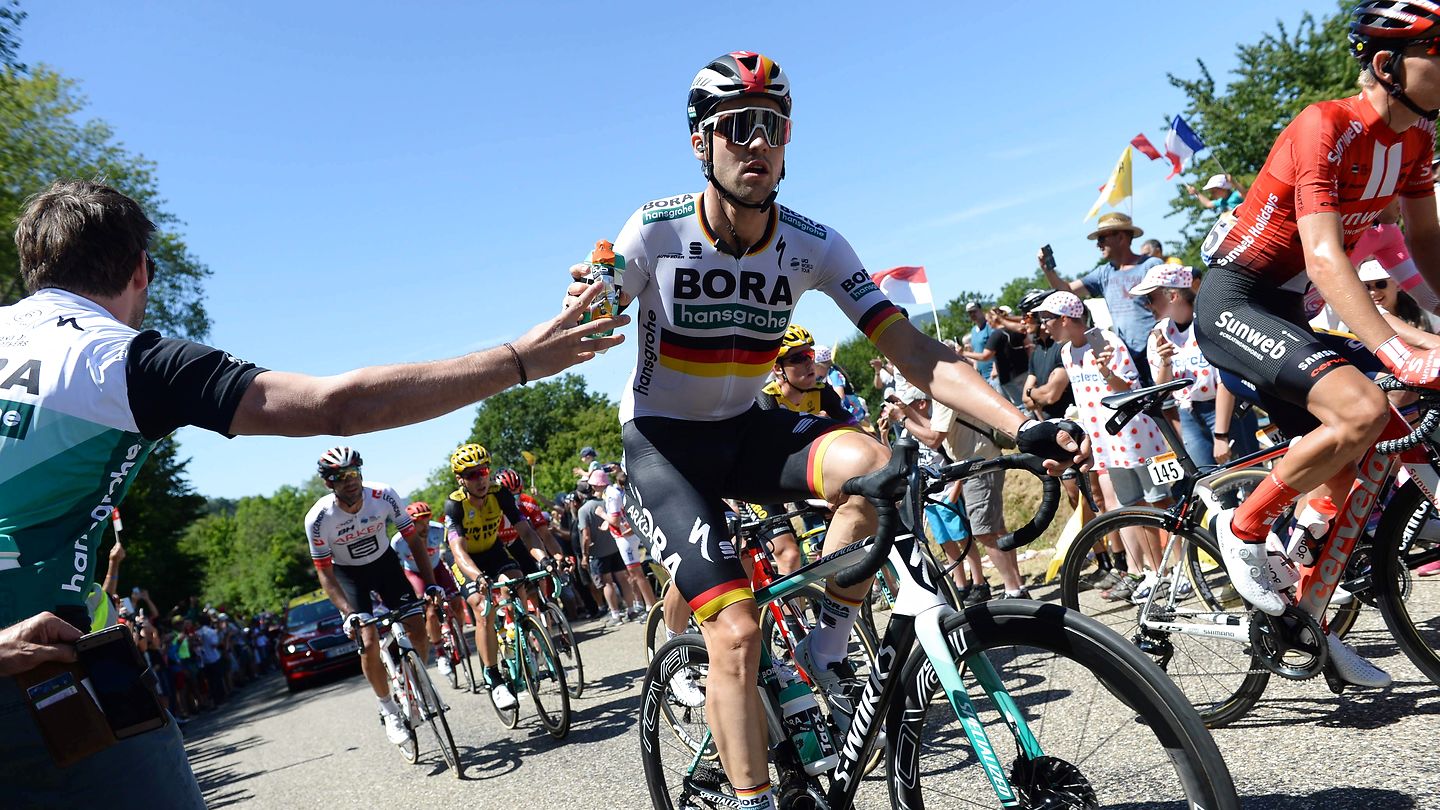Tour de France consists of 21 stages, but in the history of the race no rider has won them all; in fact, when Chris Froome won the race in 2017 he did not win a single stage. In other words, winning the race is not about the small victories along the way, but about thinking long term, being patient and following your plan.
The same applies when you invest. While a good month or a good year is undeniably nice to have, that is not what counts for the long-term investor. You should therefore have a clear strategy that you stick to while striving to reach your long-term goals, rather than blindly pursuing short-term gains.

2. Winners have a broad range of abilities
All the stages are different – there are flat, hilly, time-trial and mountain stages. No rider has the physical ability to master them all to perfection, but if you want to win you must be an all-rounder and not completely collapse on one of them.
The same applies to investors, and here the key concept is risk diversification. Your portfolio should not only perform well in a bull market, when equities rise – it should be able to weather a bit of everything. You can achieve this through a healthy mix of different asset classes that perform well in various investment environments, along with a sensible spread of securities within each asset class across sectors, countries and regions. This way your overall return will be hit less hard by downturns in individual companies or areas, and your portfolio will not risk a complete collapse.



